detail profile daniel filho

Riwayat Hidup
João Carlos Daniel Filho, better known as Daniel Filho (Rio de Janeiro, September 30, 1937), is a Brazilian actor, director, filmmaker, producer, screenwriter, voice actor, presenter and author.
Responsible for triggering an aesthetic revolution in Brazilian TV during the 1970s, he became a Midas of popular cinema in Brazil during the 2000s.
He created one blockbuster after another, many adapted from the theatre.
The "Se Eu Fosse Você" (If I Were You) franchise (2006-09), featuring Tony Ramos and Gloria Pires - famous for their soap opera roles, sold more than 9 million tickets.
Info Pribadi
Peran Yang Di Mainkan Daniel Filho
 Jssica Thati Lopes is a simple...
Jssica Thati Lopes is a simple...Cheer to Life 2025
Jéssica (Thati Lopes) is a simple young woman, dedicated to her job at an antique shop in Rio de Janeiro, but she feels her life lacks purpose. Everything changes when she finds a mysterious locket identical to an item she inherited from her late mother. Driven by the desire to understand the connection between the locket and her family history, Jéssica teams up with Gabriel (Rodrigo Simas), a distant relative who appears unexpectedly.
 After taking a very nasty fall...
After taking a very nasty fall...Just Another Christmas 2020
After taking a very nasty fall on Christmas Eve, grinchy Jorge blacks out and wakes up one year later, with no memory of the year that has passed. He soon realizes that he’s doomed to keep waking up on Christmas Eve after Christmas Eve, having to deal with the aftermath of what his other self has done the other 364 days of the year.
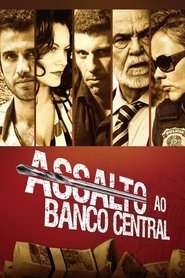 The Baron wanted to commit the...
The Baron wanted to commit the...Federal Bank Heist 2011
"The Baron" wanted to commit the perfect heist involving 3 tons of money and no violence. For this he would need the right people willing to get 1 million dollars to take part in this job. Based on true events, in 2005, 168,000,000 Brazilian Real (almost 80,000,000 US dollars) were stolen from a Brazilian Central Bank (Federal Reserve), making it the biggest peace-time robbery in history. It was perhaps the most audacious bank heist ever.
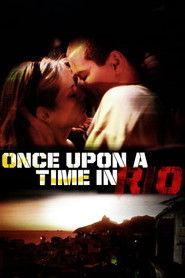 Situated just above the aweinspiring Ipanema...
Situated just above the aweinspiring Ipanema...Once Upon a Time in Rio 2008
Situated just above the awe-inspiring Ipanema beach in Rio is the Cantagalo slum. Every day, floods of Cantagalo residents make their way down the mountain, only to disappear into their surroundings as part of the invisible working-class that cleans apartments, works in restaurants, and sells food along the scenic, sun-drenched shores. Young Dé (Thiago Martins) is just such a man. Dé lives with his mother Bernadette (Cyria Coentro) in a cramped Cantagalo apartment, selling hot dogs on the beach in order to make the rent. His brother Beto was killed when Dé was just a young boy, and his adopted brother Carlão (Rocco Pitanga) has been jailed for a robbery that he didn't commit. One day, while working on the beach, Dé meets Nina (Vitória Frate). Nina is the only child of a successful lawyer named Evandro (Paulo César Grande), who's none to happy to discover that his daughter is dating a member of the lower class. How...
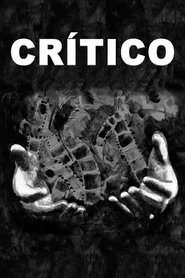 Seventy critics and filmmakers discuss cinema...
Seventy critics and filmmakers discuss cinema...Critic 2008
Seventy critics and filmmakers discuss cinema around the conflict between the artist and the observer, the creator and the critic. Between 1998 and 2007, Kléber Mendonça Filho recorded testimonies about this relationship in Brazil, the United States and Europe, based on his experience as a critic.
 The publicist Claudio and the housewife...
The publicist Claudio and the housewife...If I Were You 2006
The publicist Claudio and the housewife and choral teacher Helena have been married for many years, but they do not understand and respect the feelings and view point of the partner. Claudio sees Helena as a shopper and "little teacher of a choral" and Helena sees Claudio as an insensitive and rough man. On the night before the fiftieth anniversary of Claudio, they changed places with each other.
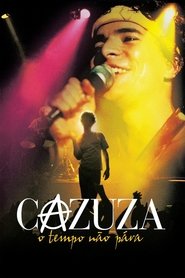 Inspired by the moving book S...
Inspired by the moving book S...Cazuza: Time Doesn't Stop 2004
Inspired by the moving book “Só as Mães São Felizes”, by Lucinha Araújo, Cazuza's mother, the film covers a little more than 10 years of the singer’s crazy and brief life – from the beginning of his career in the Circo Voador venue, in 1981, to the huge success and the apotheosis of his shows with the Barão Vermelho band, his solo career, his relations with his parents, friends, lovers and passions, and the courage he had to face his final years, with HIV, until his death, in 1990.
 When a doctor decides to carry...
When a doctor decides to carry...Carandiru 2003
When a doctor decides to carry out an AIDS prevention program inside Latin America’s largest prison: the Casa de Detenção de São Paulo - Carandiru, he meets the future victims of one of the darkest days in Brazilian History when the State of São Paulo’s Military Police, with the excuse for law enforcement, shot to death 111 people. Based on real facts and on the book written by Dráuzio Varella.
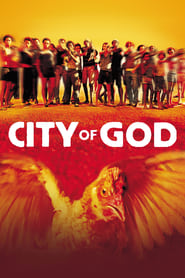 In the povertystricken favelas of Rio...
In the povertystricken favelas of Rio...City of God 2002
In the poverty-stricken favelas of Rio de Janeiro in the 1970s, two young men choose different paths. Rocket is a budding photographer who documents the increasing drug-related violence of his neighborhood, while José “Zé” Pequeno is an ambitious drug dealer diving into a dangerous life of crime.
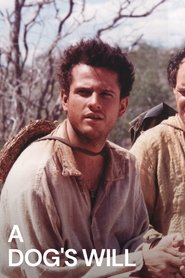 The lively Joo Grilo and the...
The lively Joo Grilo and the...A Dog's Will 2000
The lively João Grilo and the sly Chicó are poor guys living in the hinterland who cheat a bunch of people in a small town in Northeastern Brazil. When they die, they have to be judged by Christ, the Devil and the Virgin Mary before they are admitted to paradise.
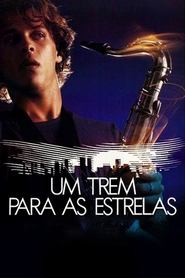 In this highly stylized Brazilian drama...
In this highly stylized Brazilian drama...Subway to the Stars 1987
In this highly stylized Brazilian drama a sax player fondly remembers one wonderful night spent with his life's love and decides to find her again. He embarks upon a quest through the wild streets of Rio to find her. Along the way he meets an assortment of odd urban underworld characters.
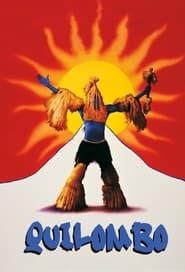 Quilombo dos Palmares was a reallife...
Quilombo dos Palmares was a reallife...Quilombo 1984
Quilombo dos Palmares was a real-life democratic society, created in Brazil in the 17th century. This incredibly elaborate (and surprisingly little-known) film traces the origins of Quilombo, which began as a community of freed slaves. The colony becomes a safe harbor for other outcasts of the world, including Indians and Jews. Ganga Zumba (Toni Tornado) becomes president of Quilombo, the first freely elected leader in the Western Hemisphere. Naturally, the ruling Portuguese want to subjugate Zumba and his followers, but the Quilombians are ready for their would-be oppressors. The end of this Brave New World is not pleasant, but the followers of Zumba and his ideals take to the hills, where they honor his memory to this day. Writer/director Carlos Diegues takes every available opportunity to compare the rise and fall of Quilombo with the state of affairs in modern-day Brazil.
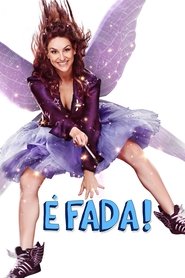 Geraldine is a fairy who lost...
Geraldine is a fairy who lost...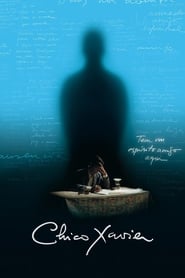 A biography of spiritual medium and...
A biography of spiritual medium and... Claudio and Helena are on the...
Claudio and Helena are on the... Sandro was a boy who loved...
Sandro was a boy who loved...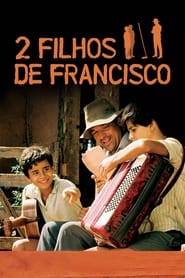 The story of Francisco a very...
The story of Francisco a very... After being exiled for 26 years Tieta...
After being exiled for 26 years Tieta...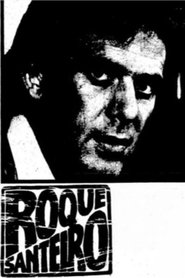
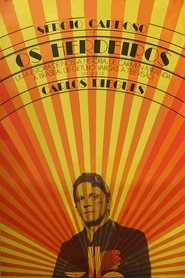 An allegory about Brazils history and...
An allegory about Brazils history and...